One of Microsoft's distinct advantages in the AI race is its Windows operating system, which gives the company a huge base of PC users.
Earlier this year, Microsoft CEO Satya Nadella claimed that 2024 would mark the year AI becomes “a premium part of every PC.”
The company has offered its Copilot chatbot assistant in its Bing search engine and in its Office suite for a fee.
At the upcoming event, PC users will learn more about how AI is embedded in Windows and what they can do on so-called AI PCs.
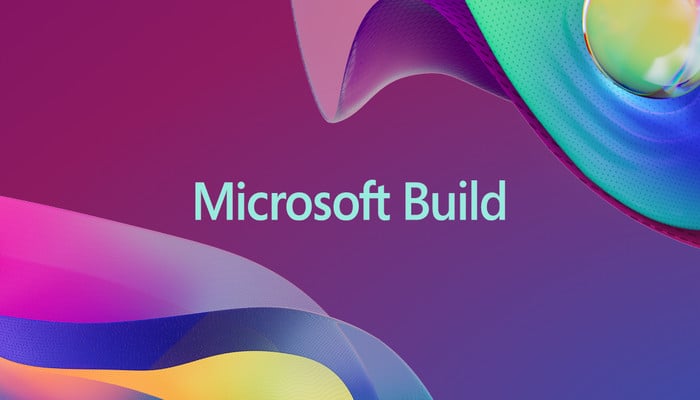
Microsoft's event comes days after Google I/O, where the search giant unveiled its most powerful AI model yet and showed off how AI Gemini works on computers and phones. OpenAI also unveiled its GPT-4o model earlier.
For Microsoft, it faces two problems: maintaining its prominent position in AI and boosting PC sales, which have been in the doldrums for the past two years following a pandemic-induced upgrade cycle.
Technology industry research firm Gartner estimates PC shipments rose 0.9% in the quarter after years of declines. PC demand was “a little better than expected,” Microsoft Chief Financial Officer Amy Hood said last month.
Microsoft’s new AI tools could be a reason for enterprise customers to replace their older PCs. “While Copilot for Windows will not directly drive monetization, we believe it will drive Windows adoption and stickiness,” Bernstein analysts said.
In addition to some AI tasks that will be handled in the cloud, the Windows giant will use AMD, Intel, and Qualcomm chips for offline tasks, such as giving Copilot a voice command to summarize a piece of content without a network connection.
Intel still controls 78% of the PC chip market, followed by AMD with 13%, according to recent data from Canalys.
PC AI
The most important additional hardware on an AI PC is called a neural processing unit (NPU), which is designed to optimize AI tasks and is capable of outperforming traditional central processing units (CPUs).
Computers powered by Intel's latest Lunar Lake chips with dedicated NPUs are expected to launch in late 2024. Qualcomm's Snapdragon X Elite chips with NPUs will be available in the middle of this year, while AMD's latest Ryzen Pro is expected to launch this quarter.
Intel says the chips enable things like “real-time language translation, automated inference, and advanced gaming environment rendering.”
Apple has been using NPUs for years and is expected to bring the M4 chip to the next generation of Macs this year.
Qualcomm, meanwhile, is not in the same position as Intel or AMD. It provides processors with architectures designed by Arm. This event could also explain the differences between versions of Windows running on traditional chips and Arm architecture.
The benefits of Arm designs include longer battery life, thinner designs, and other benefits like cellular connectivity, but the downside is that they're not compatible with most current Windows apps, as was the case with the Snapdragon 835 chip back in 2018.
Microsoft has since improved Windows to handle traditional apps on Arm, but there are still many questions surrounding it. The company even has a dedicated FAQ page for computers running on ARM hardware.
(According to CNBC)
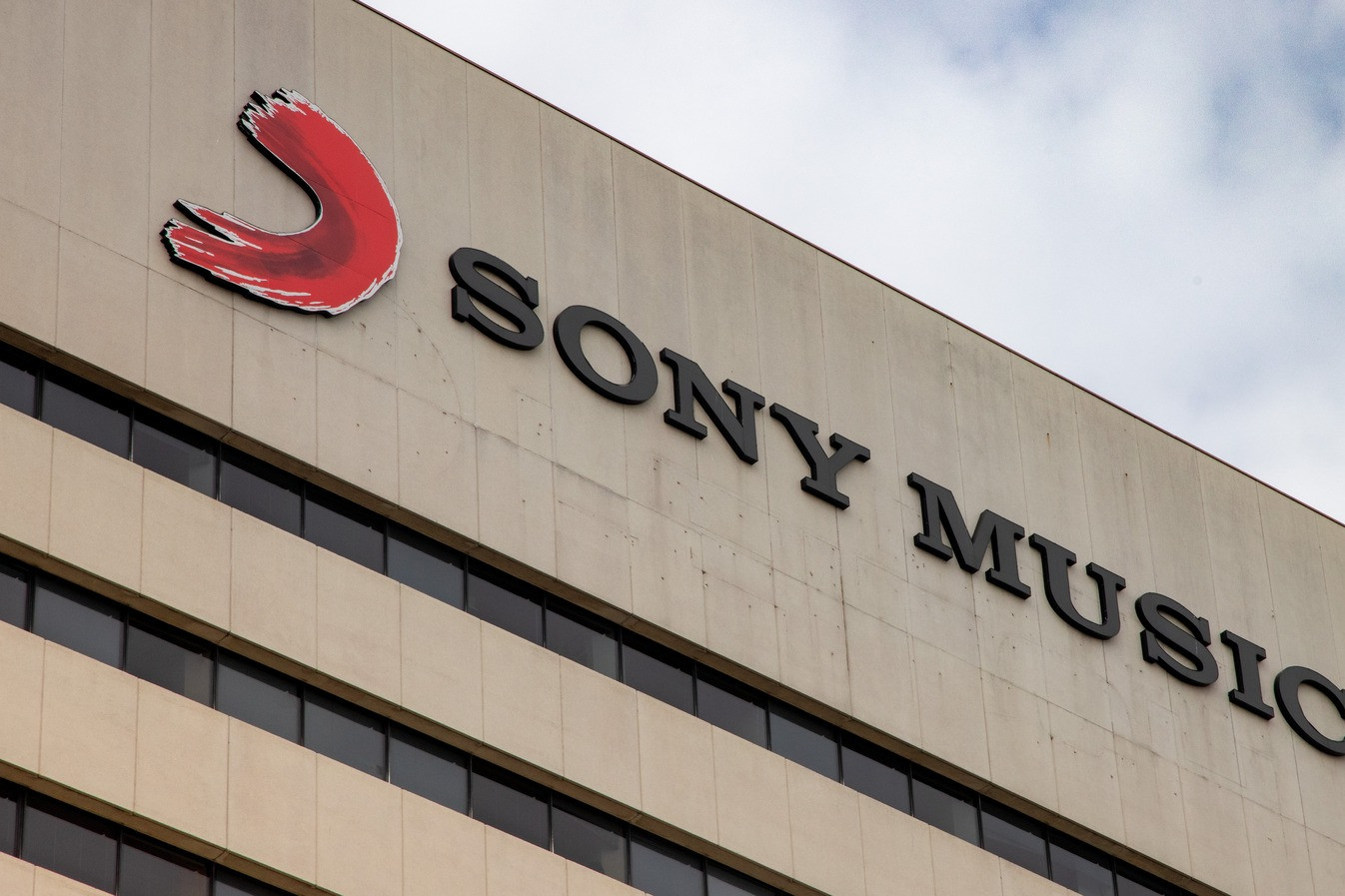
Source: https://vietnamnet.vn/microsoft-he-lo-tam-nhin-ve-ai-pc-tai-hoi-nghi-cac-nha-phat-trien-2282845.html





![[Photo] President of the Cuban National Assembly visits President Ho Chi Minh's Mausoleum](https://vphoto.vietnam.vn/thumb/1200x675/vietnam/resource/IMAGE/2025/10/1/39f1142310fc4dae9e3de4fcc9ac2ed0)
![[Photo] Keep your warehouse safe in all situations](https://vphoto.vietnam.vn/thumb/1200x675/vietnam/resource/IMAGE/2025/10/1/3eb4eceafe68497989865e7faa4e4d0e)
![[Photo] Hanoi morning of October 1: Prolonged flooding, people wade to work](https://vphoto.vietnam.vn/thumb/1200x675/vietnam/resource/IMAGE/2025/10/1/189be28938e3493fa26b2938efa2059e)
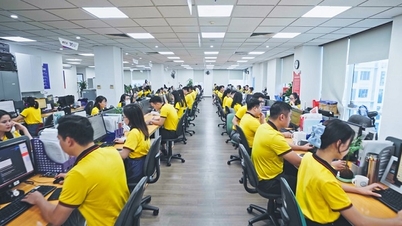

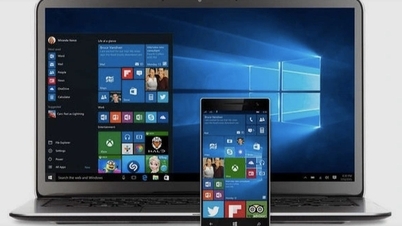



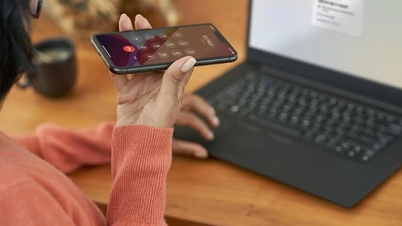


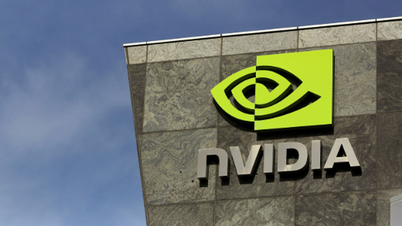

















































































Comment (0)